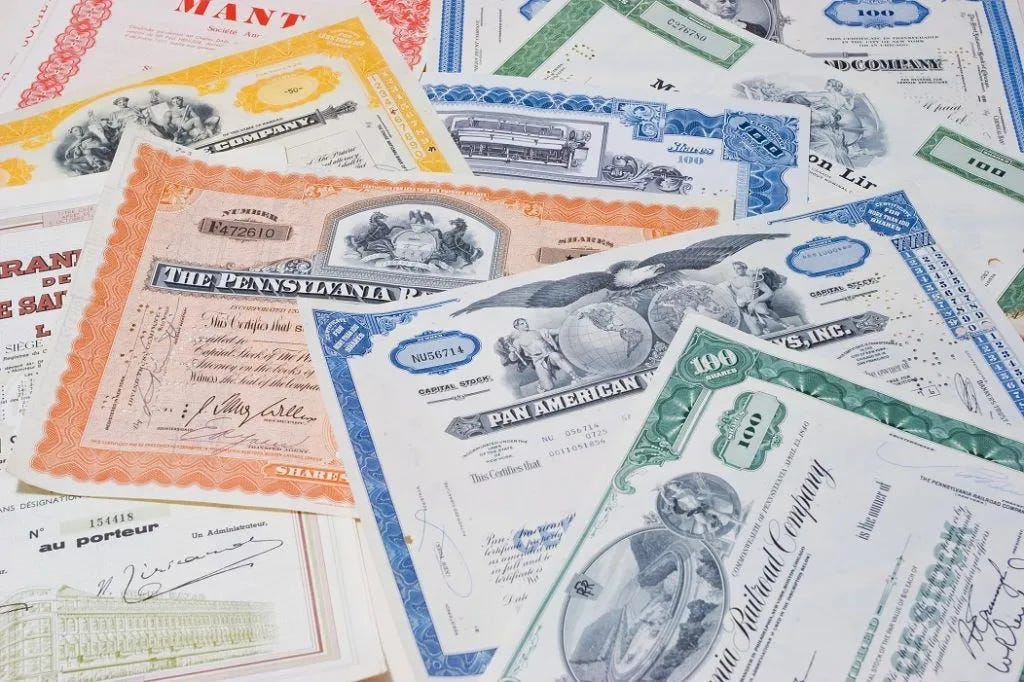FinTech funding shows no sign of slowing down
FinTech startups in Nigeria are getting the attention they need from investors, and this could be a propelling force for improvement in financial inclusion in this part of the world.
We all want low fees cross-border payment - this would be especially beneficial for remote workers who receive and make payments abroad frequently. The startup Grey, received $2 million in seed round funding and has stated the funds would be used to help Africans enjoy seamless and less costly cross-border transactions.
With investors admiring the tenacity of the founder of NowNow digital systems to grow the company to a sustainable level. The startup received $13 million in its seed round and is focused on financial empowerment for the unbanked and underbanked.
Anchor, a banking-as-a-service startup, has raised $1 million in pre seed funding. The startup has targets to attract more customers and improve its infrastructure so it can better help developers create banking products.
Let’s have an understanding of pre-seed and seed rounds. The pre-seed round is the earliest stage of funding for a new company, it denotes the period in which the company is just getting their operations off the ground while the seed round is the first official round of fund raising.
So what?
The African FinTech space and more specifically, the Nigerian space has seen massive growth driven by growth in the digital native population and lower cost of technologies. By estimates, the market is projected to experience further growth at 10 percent over the next 3 years.
The sector will still have to battle with infrastructural issues, low consumer purchasing power and the size of the African unbanked population. Overcoming these challenges with allow for improved adoption of FinTech, increase in the total addressable market of these companies and unlocking of the true potential of the African FinTech ecosystem.
MTN Nigeria raises cash to improve cash flow 🙂
Image source: Corporate Finance Institute (CFI)
Let’s remove the “Fin” from “Tech”, but still on funding. MTN is planning to complete its 150 billion naira commercial paper issuance programme. Earlier in the year, a series 1 and 2 commercial paper worth 127 billion naira was issued marking the largest commercial paper issued in the country. Recently the company proposed a series 3 commercial paper worth 23 billion naira.
A commercial paper is a debt financing instrument used by companies to finance working capital needs. They are mostly short term and unsecured debts; investors loan their money to the company at a less than face value amount and receive the face value of the paper at the end of the paper’s tenure.
MTN plans to use the money generated from the paper issuance for corporate business purposes and strengthening working capital.
So what?
The use of debt capital by MTN is in line with wider industry trends of capital-intensive companies raising money for daily operations from the debt markets. Lots of factors go into the decision to raise debt as it has a lot of implications for companies financing strategies. The one benefit of raising debt is that it provides funding for the company without diluting ownership of existing shareholders.
Also, if the rate of interest is lower than the rate of inflation, the company may effectively be getting free money. The biggest drawback comes from the risk of default. The more debt a company takes on, the higher the risk that their revenue will not cover their interest payment, leading to insolvency (inability to cover debt expenses) and in severe cases, bankruptcy.
Investors that invest in commercial papers consider a lot of factors including the company’s credit rating. The consideration of a good credit rating helps because commercial papers are generally unsecured debt instruments meaning they are not backed up by collateral.





